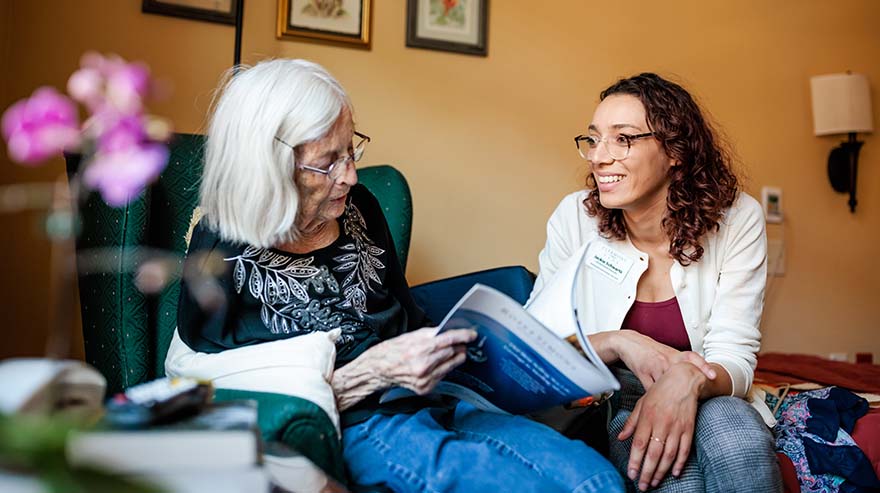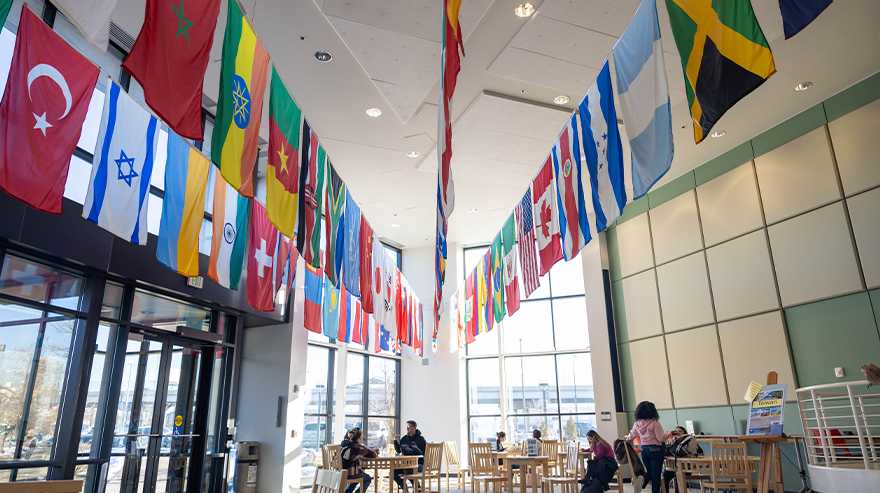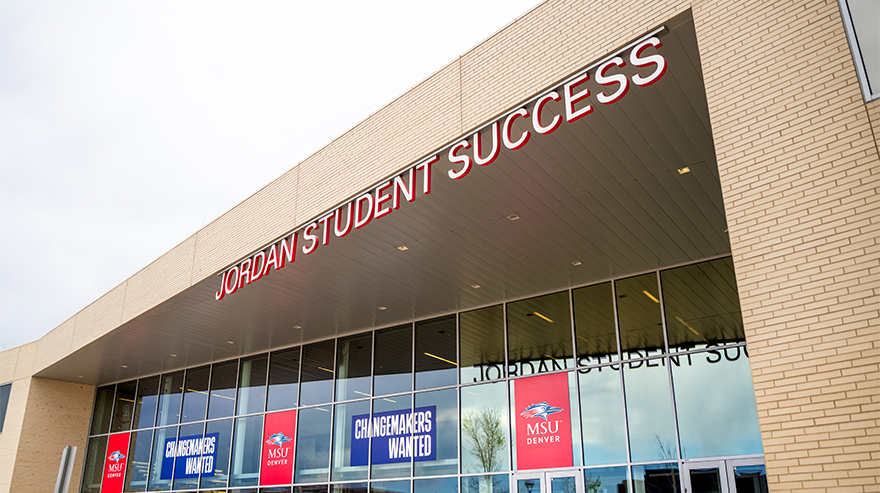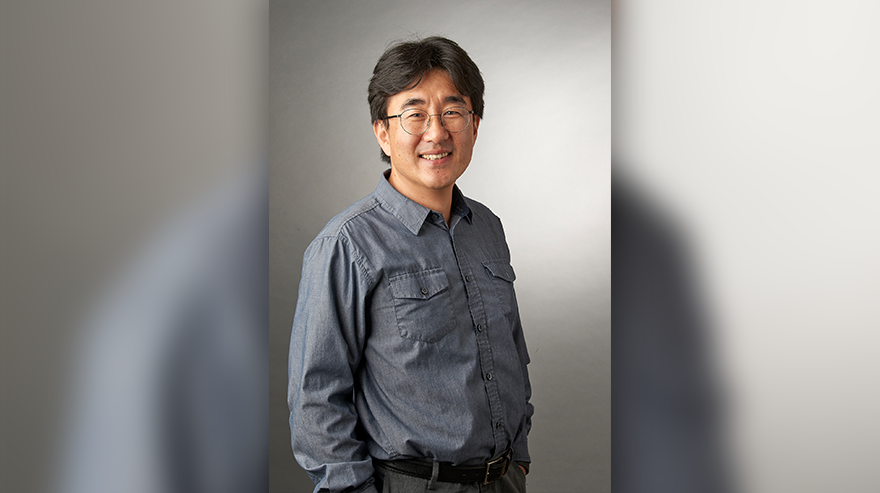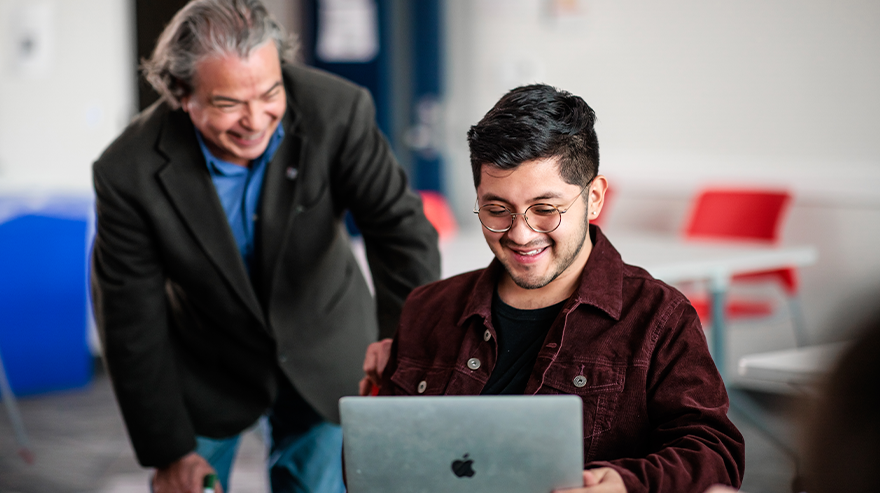At Metropolitan State University of Denver, a key shift in language reflects a deeper commitment to collaboration. The Service Learning attribute, a teaching method that combines community service with classroom learning, is officially transitioning to a name that better captures the mutual sustained partnerships among students, faculty and community organizations.
This faculty-driven change to Community Engaged Learning was shaped by extensive feedback and unanimously approved by the Faculty Senate Curriculum Committee this month. The change aligns with MSU Denver’s overall commitment to experiential learning, which facilitates “learning-by-doing” courses and programs across campus.
Why the name change?
Over the past decade, universities nationwide have moved from “service learning” to “community engaged learning” to better capture the reciprocal nature of these experiences.
“More than a rebrand, this change underscores the University’s dedication to co-creating meaningful, real-world learning experiences that benefit both students and the communities they serve,” said Nora Bashir, program manager for Community Engaged Learning, noting that traditional service learning often centers on student outcomes.
Specifically, CEL focuses on:
- Long-term relationships: CEL encourages ongoing engagement, allowing organizations to build trust and continuity with faculty and students over time.
- Collaborative project design: Community partners have a voice in shaping course activities, ensuring that projects align with real needs and priorities.
- Shared outcomes: CEL values outcomes for students and communities, aiming for solutions that create lasting impact.
- Consistent communication: With CEL embedded in course design and learning goals, faculty members are more intentional in maintaining open dialogue with community partners throughout the semester.
What faculty members need to know:
- Service Learning, or SL courses, will automatically transition to CEL: If you currently teach an SL-designated course, no action is required. Your course will automatically receive the CEL designation in the University catalog.
- Updated student learning outcomes: The CEL student learning outcomes define the role of reflection, application of course concepts and reciprocal benefit within coursework. Faculty members should update their syllabi to reflect the new attribute and outcomes.
- Support for Curriculog updates: Faculty members who want to update an SL-designated course or propose a new CEL course can get Curriculog support from Faculty Co-Fellow Nicole Predki ([email protected]).
- Faculty drop-in office hours: Have questions? Join us to chat about the transition, share ideas or learn more about CEL on Wednesday from noon-1:30 p.m. in West Classroom Room 229 and on Teams. Can’t make it? Email Nicole Predki ([email protected]) to schedule an appointment.
- Faculty workshops: Attend “CEL 101 and Making the Shift: Navigating the Transition to Community Engaged Learning” on April 30 and “Building Meaningful & Reciprocal Community Partnerships Workshop” on May 7.
Why CEL matters for all employees
While this change most directly affects faculty members, particularly those with courses currently designated as SL, it’s also helpful for advisors, curriculum-support staff, deans and those working with community partnerships to be aware of the update. As this language becomes standardized across catalog systems, advising materials and websites, awareness across divisions will ensure consistent communication to students and community collaborators.
Additional information and support
For more information, visit the CEL at MSU Denver website or contact Nora Bashir, Community Engaged Learning program manager.




